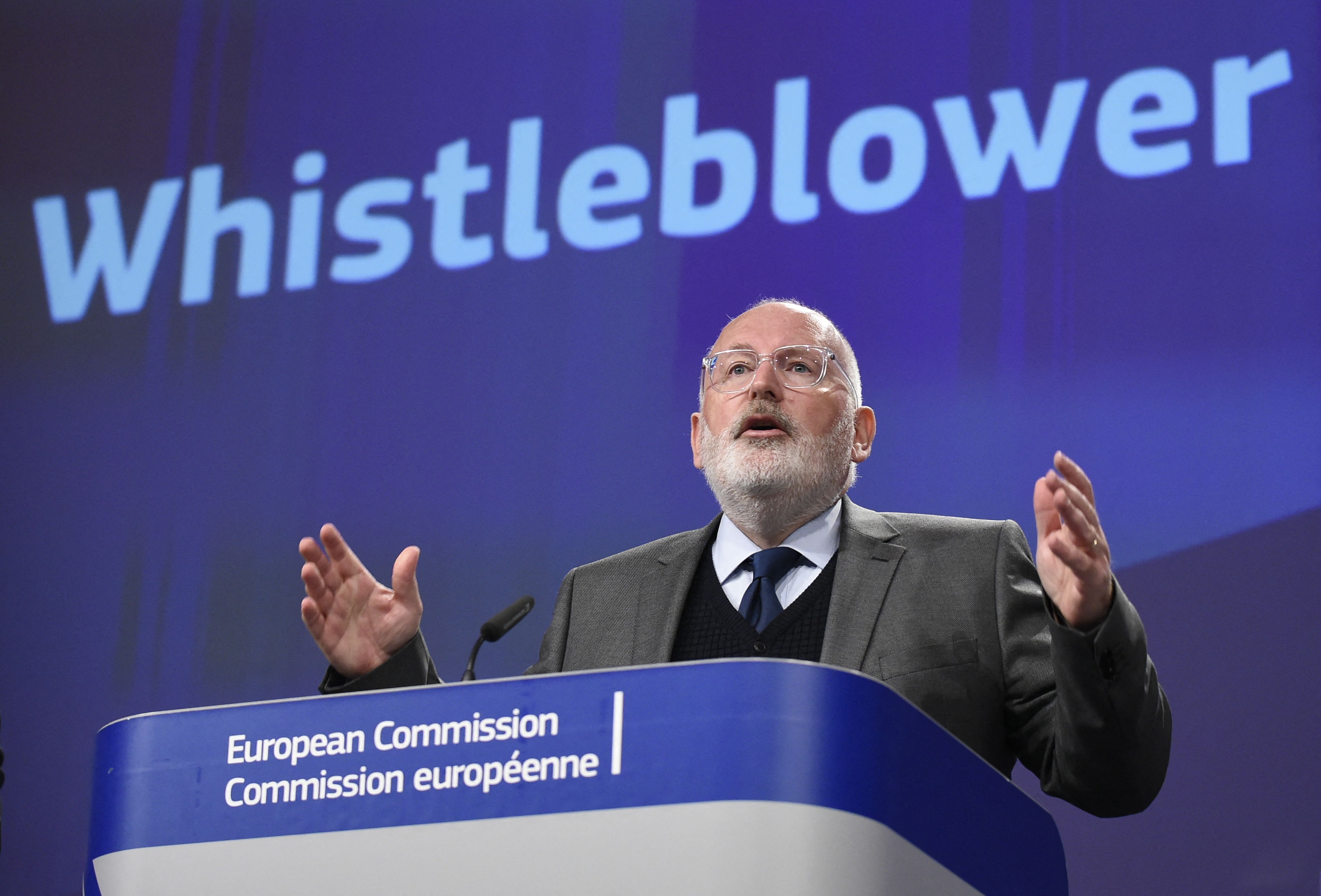Belgian government greenlights EU Whistleblower Directive implementation

The Belgian Federal Council of Ministers approved a regulation that protects whistleblowers in private companies on Friday. This means that part of the 2019 EU Whistleblowing Directive will be implemented in Belgian law. Minister of Employment Pierre-Yves Dermagne (PS, French-speaking socialists) insists that the Belgian protection goes further than what the EU prescribes.
There is virtually no protection in Belgium for employees who bring scandals to light within their organisations, apart from a framework for reporting violations in the financial sector. "Without the help of whistleblowers, the environmental scandal at 3M in Zwijndrecht, the health crisis with fipronil eggs or the Nethys affair would not have come to light as fast or perhaps never at all," says Dermagne.
The government is now creating three channels through which private employees can report abuses. This can be done within the company, to the authorities or via the media. The federal ombudsman and the federal human rights institute FIRM will inform, guide and support whistleblowers.
Companies with 50 or more employees must install an internal channel for whistleblowers. The channel's manager has to respond within three months after a report has been made.
If the internal procedure is not adequate or if there is a lack of confidence in the company, employees can file a complaint directly with the Federal Ombudsman. Former employees, volunteers, apprentices, self-employed persons, contract holders, directors, subcontractors and suppliers can also file a complaint.
Finally, a report can also be made through the press in cases where there is an immediate threat to the public interest or a risk of evidence being destroyed, for example.
The European directive should already have been implemented in national legislation at the end of 2021, but the implementation was delayed in Belgium and several other European member states. Dermagne does argue that the Belgian regulation goes further than EU requirements: tax and social fraud also fall within the scope, anonymous reporting is possible, there is no exception for professionals who are subject to professional secrecy, and tax advisers or accountants can also become whistleblowers.
The final whistleblowing regulation for civil servants has not yet been finalised. The cabinet of Civil Service minister Petra De Sutter (Groen, Flemish greens) is still waiting for the State Council's advice. The advice should in principle be available before the country's National Holiday (Juli 21), but a decision before the summer recess is unlikely. Belgium's Council of Ministers already approved the regulation for civil servants in May.
(KOR)
First Vice-President of the European Commission Frans Timmermans at a press conference on the Commission's proposal for the protection of whistleblowers in Brussels in 2018 © JOHN THYS / AFP